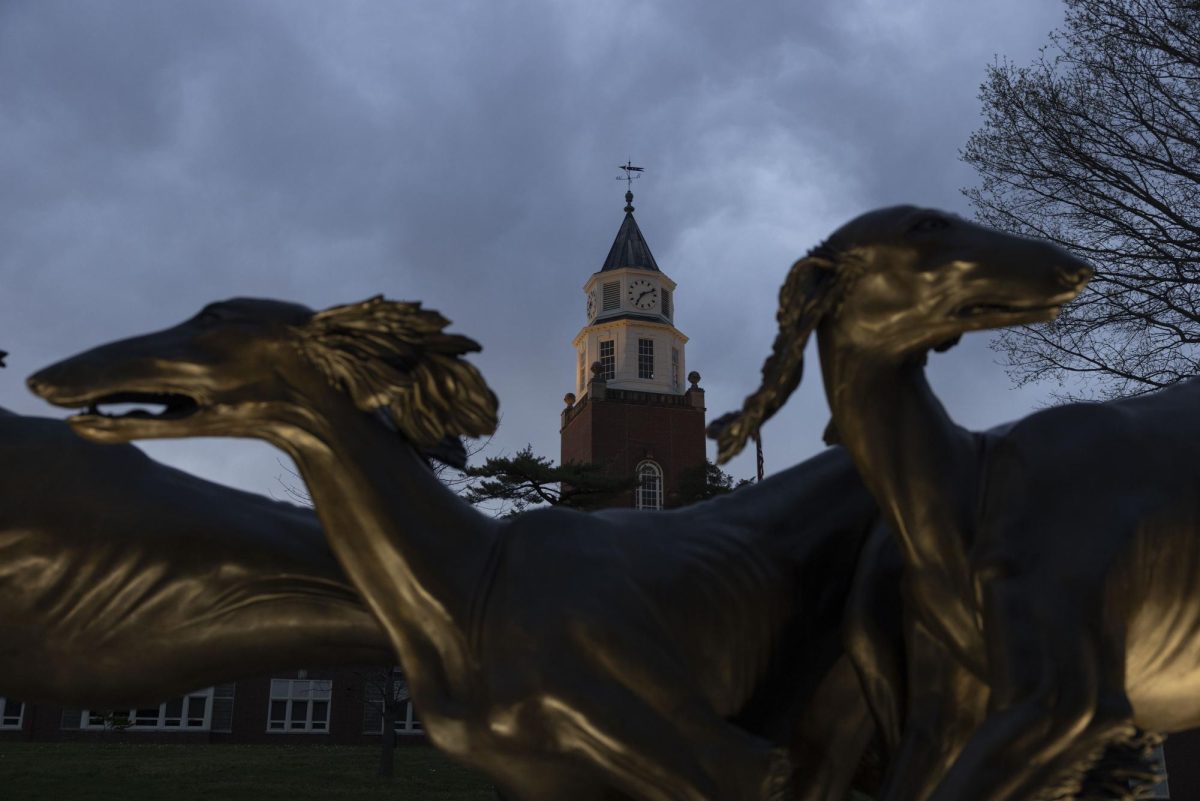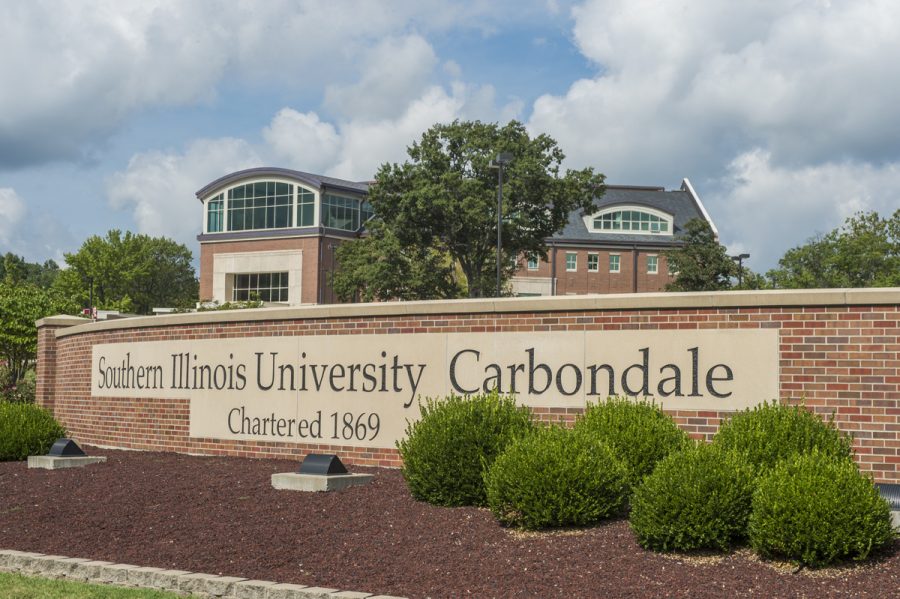Illinois college students caught in the middle of budget standoff
September 7, 2015
College students in the Metro East area and throughout Illinois should hope the state’s elected leaders come together soon to craft a budget.
That’s because right now, a number of Illinois colleges and universities have agreed to pay the equivalent of what students would normally receive in scholarships from the state as part of the Monetary Award Program, known as MAP.
But if spring semester comes around and the state still does not have a budget, a number of schools said they could no longer afford to carry the state’s burden.
Advertisement
As of right now, things are stable at SIUC, which has already credited students’ accounts with what they usually get in MAP funds. It is typical of what happens every year: the school pays up front, then the state reimburses the money in December.
But “we probably wouldn’t do the same thing for the spring if we got the signal that no funds are coming,” university spokeswoman Rae Goldsmith said. “We’ll probably get some kind of notice in October.”
If the October news is not good, it would mean more than one-third of SIUC’s 13,000 undergraduates would suddenly be without the scholarship money they were promised.
“We really hope it doesn’t come to that,” Goldsmith added. “Otherwise, we’ll have to go back and talk to our students, and that’s a conversation we don’t want to have.”
Students at SIU-Edwardsville are in the same situation — their school has set aside money for the fall and are in a wait-and-see mode for the spring.
As dire a situation as it is for students, Republicans and Democrats in the Illinois Legislature last week did not sound close to ending their standoff.
Senators from both parties pointed fingers at the other side as holding up MAP funding. Senate Democrats recently passed a bill that would supply the money, but the governor has indicated that he would veto it.
Advertisement*
Statewide, about 130,000 students rely on MAP funding.
More than half come from families with incomes low enough that the federal government does not consider them able to pay anything toward the cost of their education, said Katharine Gricevich, of the Illinois Student Assistance Commission.
The average family income of a MAP recipient is $30,000 a year. Independent students make an average of $16,000 a year, Gricevich said.
“So delays or cuts of even relatively small amounts can pose a real challenge for their ability to stay enrolled,” she said.
Another fear is that schools have to decide to withhold other forms of financial aid that students typically use for books, laboratory fees, housing and transportation.
More than just the MAP funds, Illinois’ budget stalemate between Republican Gov. Bruce Rauner and the Democrat-controlled Legislature has also jeopardized other programs that provide grant funding for children of first responders and correctional officers, and two different scholarship programs for future teachers.
The two sides have been arguing since the beginning of the year about state finances and business policy.
Democratic leaders say raising taxes is necessary. Rauner said he’s willing to consider a tax hike, but only if the Legislature will pass his list of pro-business policy changes, including property tax freezes, stricter workers’ compensation laws and civil liability limitations.
Democrats have cried foul at Rauner’s list of demands. They argue that those issues are not related to the budget, and should not be included in budgetary negotiations.
With both sides not backing down, the Legislature in May sent Rauner a budget with a deficit of nearly $4 billion, putting the onus on the governor to cut whatever spending he wanted in order to balance it. Rauner vetoed that budget, saying the Legislature has a duty to send him a balanced budget.
Last month, Senate Democrats voted 37-0 to authorize MAP spending. Republicans voted “present.” Rauner staffers said the bill would get no traction with the governor if it’s not accompanied by spending cuts.
From statements made last week, it doesn’t appear that any progress is imminent.
Sen. Dave Luechtefeld, R-Okawville, said the Democrats are going to have to budge.
“We need comprehensive reforms. We can’t keep doing business like we’ve done before,” Luechtefeld said. “The governor can’t back down or else he’ll be irrelevant.”
Across the aisle, Sen. Bill Haine, D-Alton, said Republicans are not willing to negotiate.
“There’s been no effort to sit down and negotiate what both sides can live with,” he said. “I don’t get his end game.”
Advertisement







